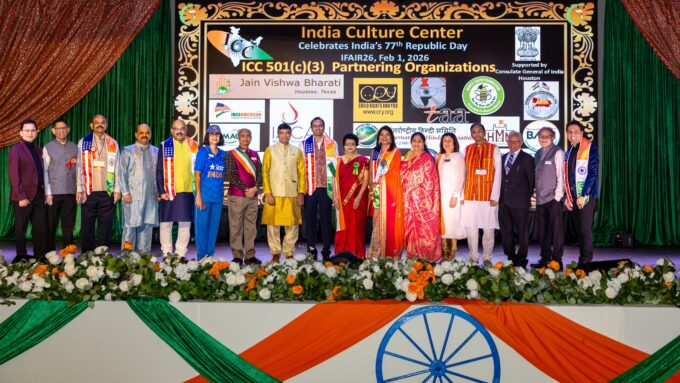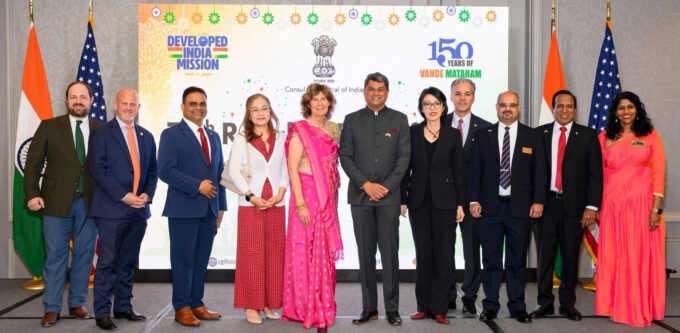Hematology is the specialty that addresses blood disorders. It is an area that does not get much publicity, but is one where many patients need the services of a specialist. This month, Dr. Muffaddal Morkas discusses the specialty of hematology and its interaction with oncology.
Vivek S. Kavadi, M.D.
By Muffaddal Morkas
If you ask my daughter what I do, her answer would be that I’m an oncologist – a cancer specialist. Even though it’s true that I devote a lot of time taking care of cancer patients, there is another important aspect of my practice that impacts millions of Americans every year. Patients with blood disorders are treated by hematologists, and many oncologists are also trained to practice hematology. I explain to my patients that these are sister specialties that are often intertwined. Some of the most common conditions treated by a hematologist are anemia (low hemoglobin) and thrombosis (blood clots).
Anemia affects more than 3 million Americans. This condition is manifested by low hemoglobin, or shortage of red blood cells. Anemia is often the manifestation of an underlying disease, such as iron or Vitamin B12 deficiencies, other deficiencies, chronic diseases, blood loss, cancers, or bone marrow disorders. Since hemoglobin is needed to carry oxygen in the blood, individuals with anemia get fatigued; therefore, this is often the main presenting symptom. Hematologists treat anemia by evaluating, diagnosing, and recommending treatment for the underlying condition.
Patients with thrombosis (blood clots) also see hematologists. Thrombosis affects about 900,000 Americans with about 100,000 deaths each year attributed to it. There are several types of thrombosis related to various parts of the body, which can be very serious and potentially life threatening in some circumstances, especially if the clot travels to the lungs.
While cancer in itself can be a risk factor for cause of these blood clots, many people develop the condition from factors completely unrelated to cancer, such as being sedentary for long periods of time (e.g., a transatlantic or transpacific flight), recent surgery (especially orthopedic surgery), certain medications such as estrogens, pregnancy, smoking, and obesity, to name a few.
Hematologists treat thrombosis with a variety of medications commonly known as “blood thinners.” In addition, they provide guidance to other medical practitioners in the management of thrombosis in the setting of any planned surgical procedures.
4Blood disorders may not have specially-colored ribbons or widely recognized awareness events, but my patients with these conditions are every bit as heroic, standing up to and fighting their disease. They deserve all the support and encouragement we can give them.
To learn more about hematology, visit www.TexasOncology.com.
Dr. Muffaddal Morkas is a hematologist and oncologist at Texas Oncology–Memorial City, 525 Gessner Road, Suite 310 in Houston, Texas.











Leave a comment